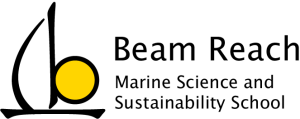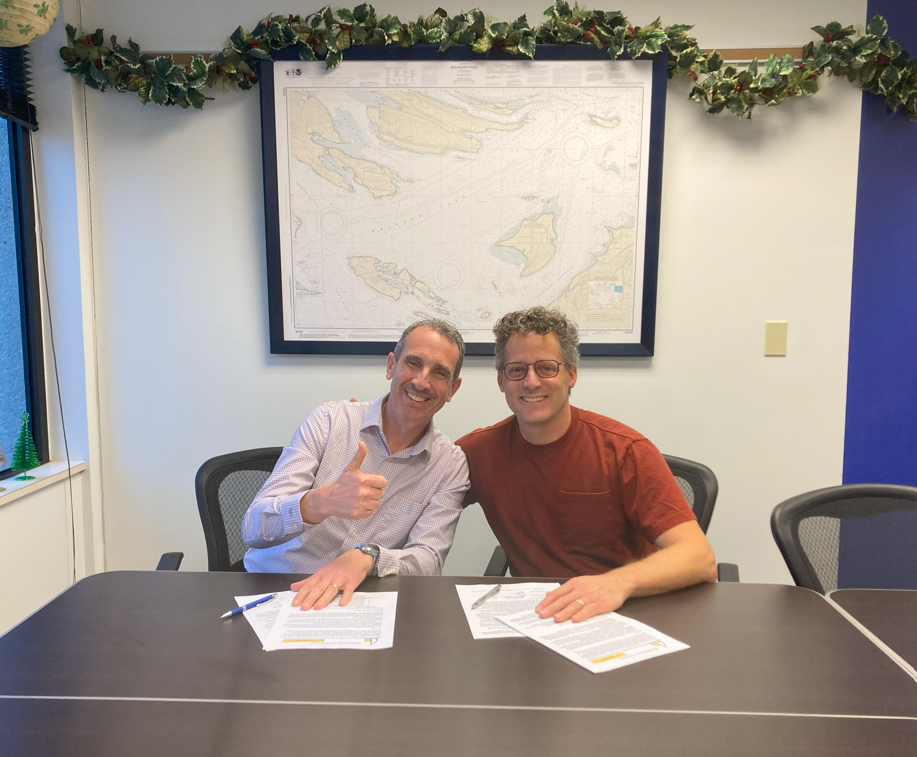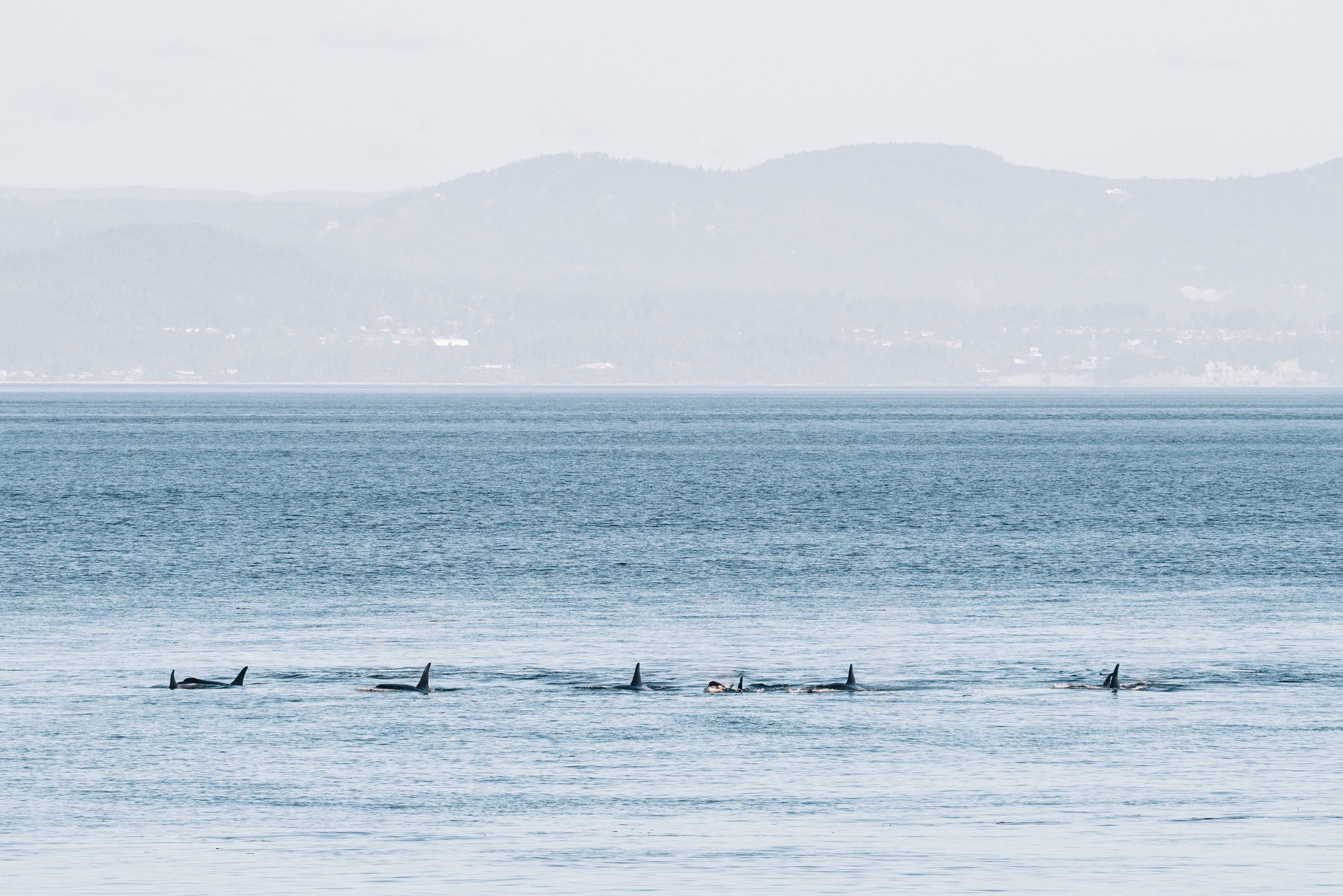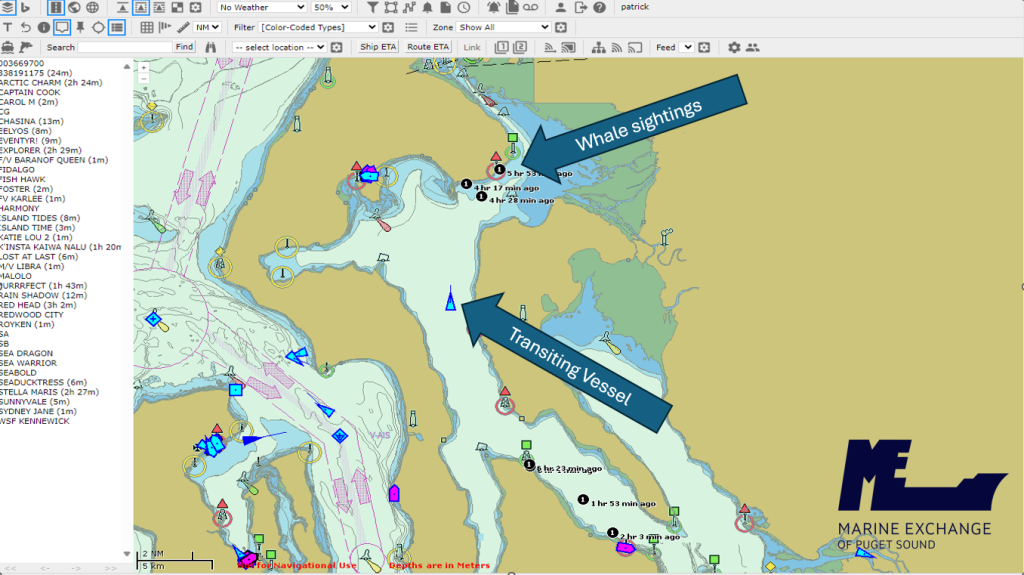![]()

FOR IMMEDIATE RELEASE
December 20, 2024
Contact: Patrick Gallagher
patrick@marexps
206-771-1620
Marine Exchange of Puget Sound and Beam Reach Sign Memorandum of Agreement to Share Data for Maritime Safety and Conservation
Seattle, WA – The Marine Exchange of Puget Sound (MAREXPS) and Beam Reach have signed a Memorandum of Agreement (MOA) to formalize their collaboration on data-sharing projects through 2025. This partnership builds on an initial informal collaboration begun in late 2023 between the MAREXPS and phase one partners in the Acartia data cooperative, including Beam Reach, Orcasound, and Orca Network.
The MOA outlines a commitment to advancing shared missions within Puget Sound, focusing on projects that strengthen the maritime transportation community while supporting marine mammal conservation. By leveraging each other’s data resources, MAREXPS and Beam Reach aim to deliver innovative solutions for both short- and long-term challenges.
Key Objectives
Short-Term Projects:
- Testing thermal cameras for marine mammal detection and refining algorithms for species classification.
- Visualizing interactions between marine mammals and vessels, including real-world examples of safe vessel operations near whales.
Long-Term Projects (Through 2025):
- Exploring Distributed Acoustic Sensing (DAS) to detect and track vessel noise and marine mammal sounds in collaboration with the University of Washington.
- Developing tools to reduce underwater noise pollution and promote sustainable shipping practices.
Under the agreement, Beam Reach will continue to provide MAREXPS access to the Acartia data cooperative through its public API, while MAREXPS will continue to share select AIS data and thermal imagery with Beam Reach and its collaborators to support targeted projects.
Through this collaborative partnership, MAREXPS and Beam Reach are continuing to build on critical efforts in maritime safety and conservation, driving forward innovative ideas and solutions that will benefit Puget Sound and establish a strong foundation for future advancements.
###






